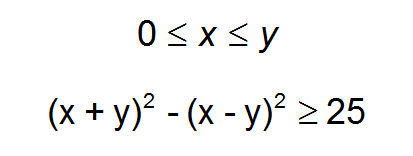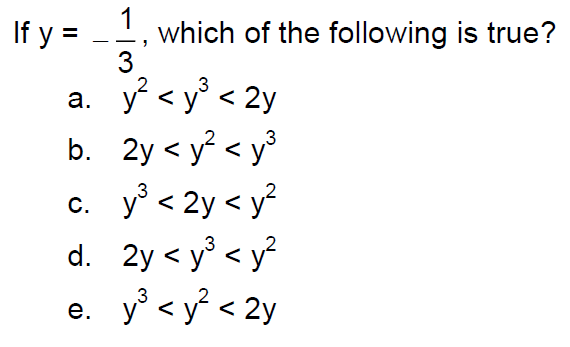5 of 5 Items .... Source: SAT
Problems, Questions, and Puzzles to spark discussion and argument in the maths classroom.
Navigation:
- by Course
- by Type
.... - Source: @yohakupuzzle
AFP
Akiyoshi Kitaoka
Aldo Bianchi
Alex Bellos
Alfie Kohn
Amanda Austin
Amie Albrecht
Avery Pickford
Ben Orlin
Benjamin Dickman
Bill Shillito
Bob Lochel
Bowman Dickson
Bryan Anderson
Catriona Agg
Cheesemonkeysf
Chris Lusto
Chris Luzniak
Cliff Pickover
Corbettmaths
Curmudgeon
Dan Anderson
Dan Draper
Dan Meyer
Dan Pearcy
Dave Richeson (@divbyzero
David Butler
David Marain
David Martin
David Wees
DESMOS
Don Steward
Dr. Pickle
Ed Southall
Elemental_41
Emma Bell
Erich Friedman
Fawn Nguyen
Five Triangles
Frank Noschese
Futility Closet
Gabriel Rosenberg
Grabarchuk
Grant Wiggins
Howie Hua
Illustrative Math
internet
James Pearce
James Tanton
Jeff Suzuki
Jennifer Wilson
Jo Morgan (@MathsJem)
Justin Aion
Kareem Carr
Kate Nowak
KHALID
Kiran Bacche
m4ths
Marco
Mary Bourassa
MathCirclesOz
MathedUp!
Mathshell
mathsjem
Matt Enlow
Megan Schmidt
Michael Pershan
Mike Lawler
Mr. Honner
Nathan Day
NCTM
Nob
NRICH
Numberphile
NYTimes
Pam Harris
Patrick Honner
PD
Poor Elijah
Quora
rawrdimus
Rhett Allain
Robert Kaplinsky
Sam Loyd
SAT
SKG
SolveMyMaths
StatSystem
Steve Phelps
Steve Wyborney
Steven Strogatz
Sunil Singh
T.R.Milne
Talking Numbers
Taylor Belcher
TickTockMath
TriangleMan
UKMT
UVM
Vi Hart
XKCD
. . . View This Fullsize

Is there enough information to determine the least possible value of y?
.: [PRE-CALC], [SAT], [Raw Pure Math].
. . . View This Fullsize

Can you find values for y that will make each answer true? Generalize the rules in effect here.
.: [ALG2], [SAT], [Raw Pure Math].
. . . View This Fullsize
This is from the end of a section of an SAT test, and is therefore a bitch to solve. At least, the results from the test seem to indicate so. On a 5-choice multiple choice question, only 8% of respondents got this one right ... if they had covered their eyes, refused to read the question, and randomly guessed, they would have more than doubled their chances of getting it right. We can do better than that!
What numbers should I plug into the equations to test for correctness?
25. A watch loses x minutes every y hours. At this rate, how many hours will the watch lose in 1 week?
- \(7xy\)
- \(\dfrac{7x}{y}\)
- \(\dfrac{x}{7y}\)
- \(\dfrac{14y}{5x}\)
- \(\dfrac{14x}{5y}\)
.: [SAT], [SAT], [Smart Substitution].
. . . View This Fullsize
Make similar questions ...
If \(x^2+y^2 = 196\) and \((x-y)^2 = 36\), what is the value of \(xy\)?
- -116
- -80
- -8
- 80
- 160
.: [SAT], [SAT], [Epiphany].
. . . View This Fullsize
If you're a junior or senior, you've seen versions of this problem before, perhaps on the SAT (the source of this problem). As I've said before, the SAT is designed in a way that calculators are not necessary and each question must be solvable in less than a minute. Often, the student is expected to change the form of the question: text to algebra, or algebra to visual (graphical); or rearrange the terms, or work backwards from the known.
The sum of the positive odd integers less than 200 is subtracted from the sum of the positive even integers less than or equal to 200. What is the resulting difference?
As it stands, that question would take you far too long to find an answer for, so it must have a simplification somewhere. What can we do to make this quicker to answer? Or simpler to understand? How can we change it?
.: [SAT], [SAT], [Epiphany].